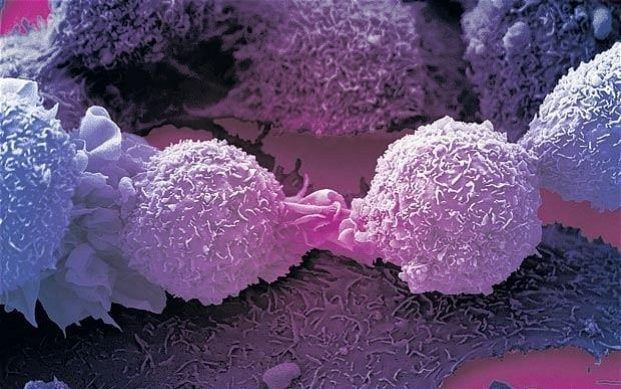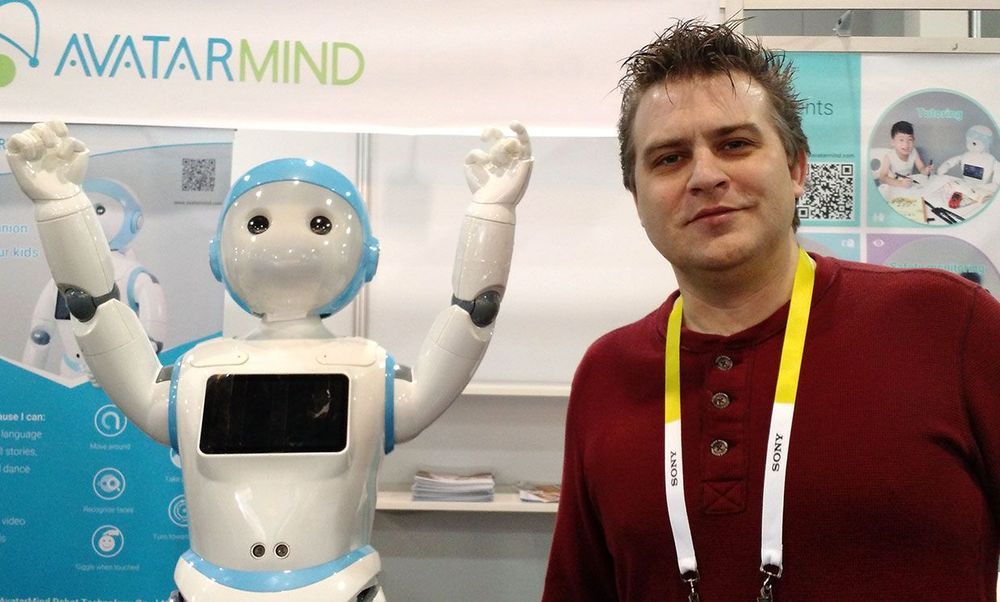The Salt Americans wasted 31 percent of all food that was available in 2010, the USDA reports. For the first time, the agency calculated what that means in terms of calories, too.





Human skin is a fascinating multifunctional organ with unique properties originating from its flexible and compliant nature. It allows for interfacing with external physical environment through numerous receptors interconnected with the nervous system. Scientists have been trying to transfer these features to artificial skin for a long time, aiming at robotic applications.
Robotic systems heavily rely on electronic and magnetic field sensing functionalities required for positioning and orientation in space. Much research has been devoted to implementation of these functionalities in a flexible, compliant form. Recent advancements in flexible sensors and organic electronics have provided important prerequisites. These devices can operate on soft and elastic surfaces, whereas sensors perceive various physical properties and transmit them via readout circuits.
To closely replicate natural skin, it is necessary to interconnect a large number of individual sensors. This challenging task became a major obstacle in realizing electronic skin. First demonstrations were based on an array of individual sensors addressed separately, which unavoidably resulted in a tremendous number of electronic connections. In order to reduce the necessary wiring, important technology had to be developed—namely, complex electronic circuits, current sources and switches had to be combined with individual magnetic sensors to achieve fully integrated devices.

A new type of immune cell which kills most cancers has been discovered by accident by British scientists, in a finding which could herald a major breakthrough in treatment.
Researchers at Cardiff University were analysing blood from a bank in Wales, looking for immune cells that could fight bacteria, when they found an entirely new type of T-cell.
That new immune cell carries a never-before-seen receptor which acts like a grappling hook, latching on to most human cancers, while ignoring healthy cells.

A recent study has taken an in-depth look at the age-related changes that occur in the microbiome, particularly in regards to bacterial populations.
A detailed look at bacterial populations in the gut microbiome
The publication contains multiple graphs that track age-related changes to various bacterial populations in the gut. These graphs show a common trend: the abundance of these bacterial species increases with aging but then falls significantly in extreme old age. On these charts, Groups 1–5 contain various ages of children, Group 6 consists of 19- to 29-year-olds, and each following group is ten years older than the previous, with Group 14 containing 99- to 110-year-olds.

“The thing I find rewarding about coding: You’re literally creating something out of nothing. You’re kind of like a wizard.”
When the smiley-faced robot tells two boys to pick out the drawing of an ear from three choices, one of the boys, about 5, touches his nose. “No. Ear,” his teacher says, a note of frustration in her voice. The child picks up the drawing of an ear and hands it to the other boy, who shows it to the robot. “Yes, that is the ear,” the ever-patient robot says. “Good job.” The boys smile as the teacher pats the first boy in congratulations.
The robot is powered by technology created by Movia Robotics, founded by Tim Gifford in 2010 and headquartered in Bristol, Connecticut. Unlike other companies that have made robots intended to work with children with autism spectrum disorder (ASD), such Beatbots, Movia focuses on building and integrating software that can work with a number of humanoid robots, such as the Nao. Movia has robots in three school districts in Connecticut. Through a U.S. Department of Defense contract, they’re being added to 60 schools for the children of military personnel worldwide.
It’s Gifford’s former computer science graduate student, Christian Wanamaker, who programs the robots. Before graduate school at the University of Connecticut, Wanamaker used his computer science degree to program commercial kitchen fryolators. He enjoys a crispy fry as much as anyone, but his work coding for robot-assisted therapy is much more challenging, interesting and rewarding, he says.
Watch it 👇.
MOTHERBOARD met up with Russian billionaire Dmitry Itskov at his Global Future 2045 Conference in New York City to talk about immortality, spirituality, and the coming age of cybernetic avatar-based living.
Suscribe to MOTHERBOARD! http://bit.ly/17CdIPk
Follow us on Facebook: http://on.fb.me/ZPHrSf
And on Twitter: http://bit.ly/Wb05QZ
And on Tumblr: http://motherboardtv.tumblr.com/
